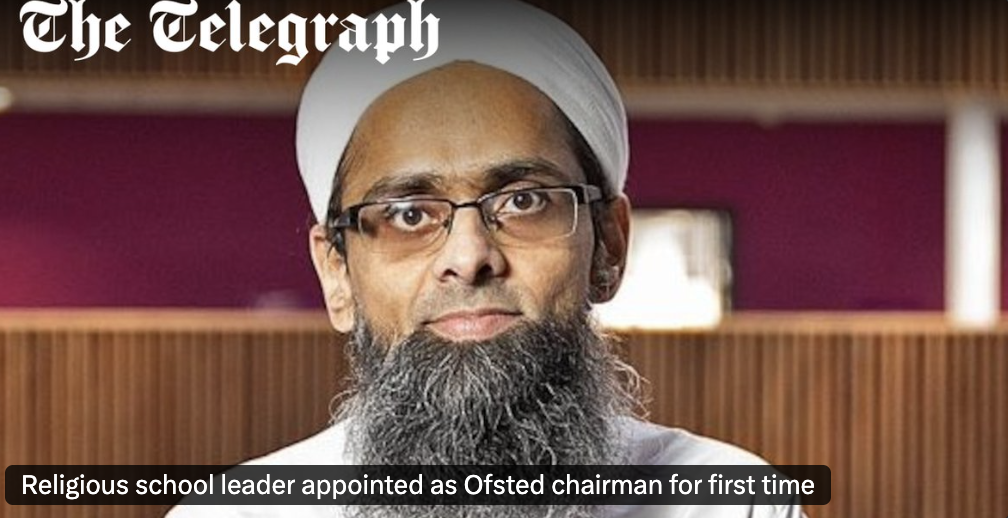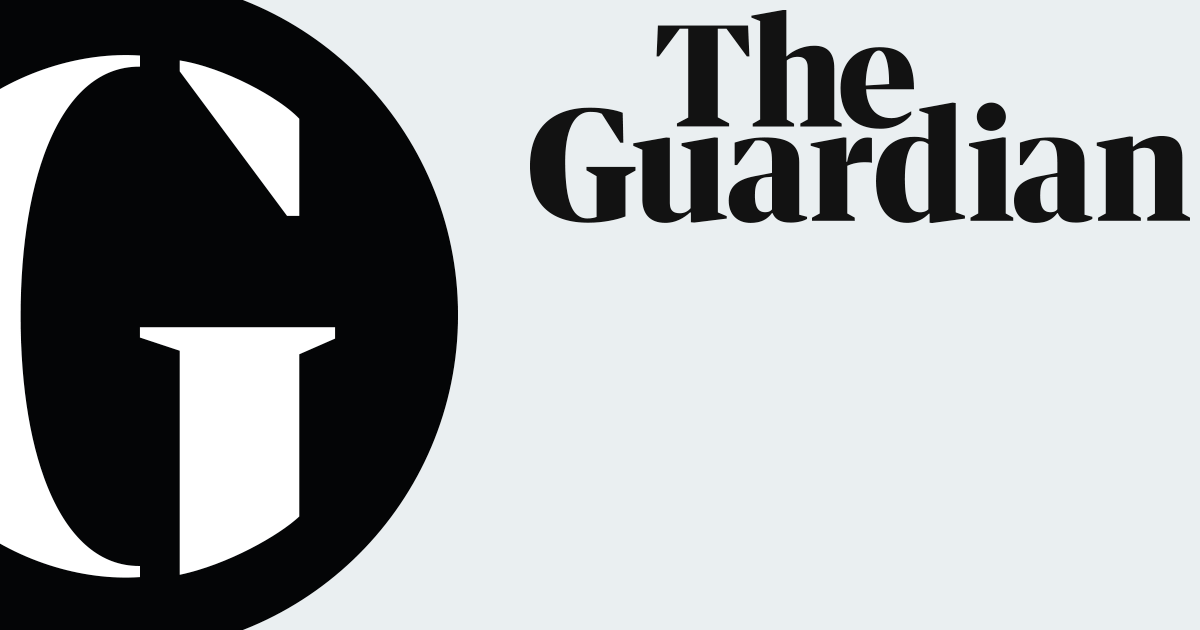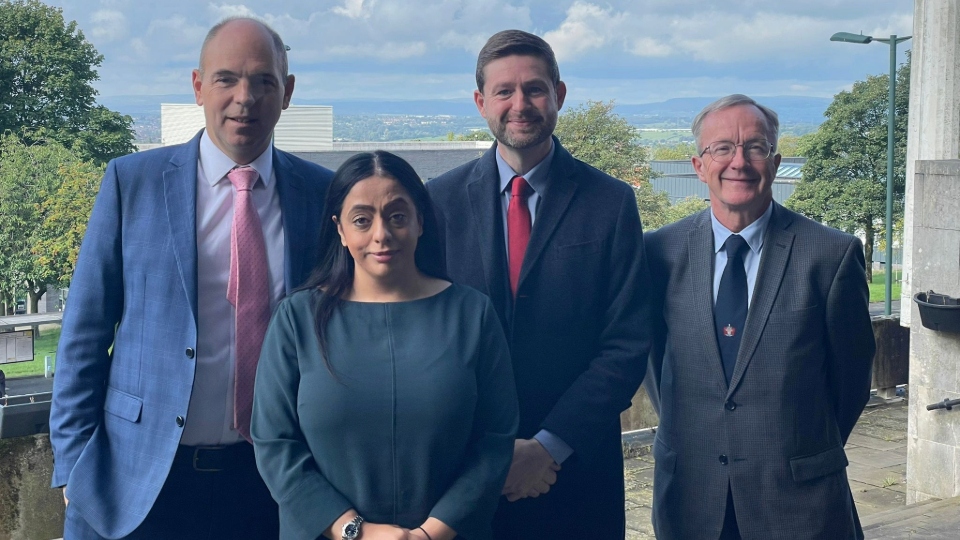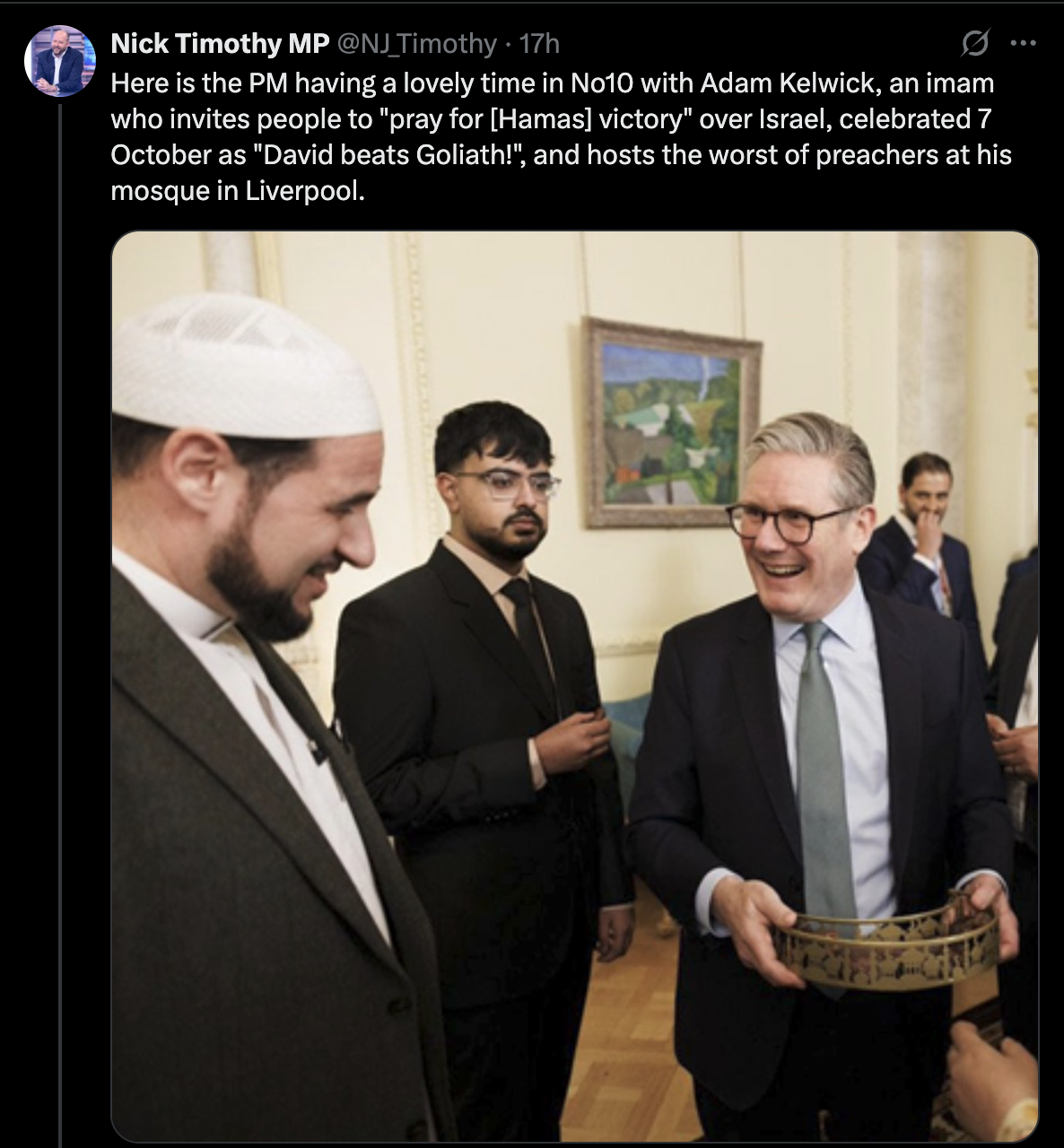The Shadow Behind Britain's Educational Excellence: Sir Hamid Patel's Controversial Rise to OFSTED

Britain's school regulator now has its first religious leader at the helm. Sir Hamid Patel's appointment to OFSTED raises profound questions about religious influence in secular education and what we're sacrificing in our pursuit of academic success.
The British educational establishment just made one of its boldest moves yet.
Sir Hamid Patel, the man who transformed an Islamic school trust into one of Britain's most celebrated educational success stories, has been appointed interim head of OFSTED – the nation's school regulator. It's the first time a religious school leader has been handed the keys to this crucial institution.
Many will remember the controversy that erupted last September when I scrutinised Star Academies plans to build an 'Eton-style' sixth form on the historic Tommyfield Market site in Oldham. At the time, few mainstream reports mentioned the academy's origins as a chain with explicit Islamic foundations.
This latest development forces us to confront an uncomfortable question that's been simmering beneath the surface of British education for years: At what cost are we pursuing academic excellence?
The Man Behind the Numbers
Sir Hamid began his educational journey as headteacher of Tauheedul Islam Girls' High School in Blackburn. Under his leadership, the school established religious policies that went far beyond standard educational guidelines. Students were encouraged to wear the hijab outside school grounds and follow a set of distinctly religious mandates.
School guidance instructed students to "recite the Koran at least once a week" and prohibited stationery showing "un-Islamic images" like pictures of pop stars. These weren't casual suggestions but institutional directives blurring the line between secular education and religious instruction.
The academic results were undeniable. Star Academies schools consistently rank among England's highest performers. The trust has expanded to over 30 schools nationwide, with politicians and education officials praising its achievements.
But scratch beneath the polished surface of league table dominance, and troubling patterns emerge – patterns that directly challenge the wisdom of placing Sir Hamid at the helm of the very organisation meant to ensure educational standards and practices across all schools.
The Disturbing Visitor Incident
The concerns aren't merely theoretical. In 2010, Tauheedul faced intense criticism after hosting Sheikh Abdul Rahman al-Sudais, a Saudi Arabian cleric who had described Jews as "monkeys and pigs and worshippers of false gods", Christians as "cross-worshippers" and Hindus as "idol worshippers". Not stopping there, he also prayed for God to "terminate" the Jews. Read this article in the left mouthpiece the Guardian.

This wasn't merely poor judgment but a reflection of the ideological environment being fostered within an educational setting – an environment now represented at the highest levels of Britain's educational oversight.
The Campaign Against Anti-Semitism voiced the concerns of many when its spokesperson stated:
"We hope that in his new role, Hamid Patel will adopt a higher degree of scrutiny than he appeared to in his previous occupation. British Jews will understandably be concerned that an individual who invited a man who allegedly described Jews as 'pigs' to speak to children will be responsible for assessing the performance of schools."
These aren't distant historical footnotes. They're reflections of judgment that should give pause to anyone concerned with educational impartiality and cultural cohesion – especially when that judgment now extends to evaluating schools across Britain.
The Political Reaction
The backlash extends beyond religious communities. Former Education Secretary Sir Gavin Williamson called the appointment "deeply concerning," while Former Children's Minister Tim Loughton described it as "completely inappropriate," emphasising that "OFSTED must be completely independent and free from any suggestion it has any ideological or religious influence."
Campaign for Real Education chairman Chris McGovern put it bluntly: this appointment risks undermining "public confidence in the impartiality of OFSTED." The conflict of interest is glaring – a religious school leader overseeing a secular inspection system.
Making matters worse, Education Secretary Bridget Phillipson bypassed the usual public appointment process by making this an interim selection, raising additional questions about transparency and proper vetting. This procedural shortcut further undermines confidence in a decision with far-reaching implications for British education.
The Deeper Question
What's happening in British education mirrors a broader pattern in Western societies: the willingness to overlook ideological concerns in pursuit of statistical success.
Star Academies' outstanding academic results have provided a convenient shield against scrutiny. We've become so fixated on test scores and university admissions that we've stopped asking fundamental questions about what kind of society our educational system is creating.
Are we enabling parallel societies under the banner of diversity? Is cultural integration being sacrificed at the altar of academic performance? Are we allowing religious influence to expand unchecked in our pursuit of better league table positions?
These aren't abstract philosophical questions but practical concerns with real-world consequences for Britain's future. The appointment of Sir Hamid brings these concerns from the periphery directly to the centre of Britain's educational policy.
The Communities at Stake
The communities affected by these decisions deserve answers. In Oldham, where local representatives like Arooj Shah and Jim McMahon have championed Star Academies' expansion, residents should be questioning whether performance metrics are being prioritised over cultural cohesion.

The stakes are too high for silent acceptance. Parents, educators, and community leaders must demand transparency about how religious influence might shape educational oversight under Sir Hamid's leadership.
The Crossroads
Britain stands at an educational crossroads. The appointment of Sir Hamid Patel represents either a brave new direction or a troubling compromise of core values.
What's certain is that this decision demands far more scrutiny than it has received. The true measure of educational success isn't found solely in examination results but in creating a society where shared values transcend religious and cultural divisions.
In our rush to celebrate diversity and academic achievement, we may be overlooking the most important metric of all: Are we building an educational system that unites Britain or one that divides it?
The Path Forward
The time for passive observation has passed. Those concerned about this appointment must speak up:
- Parents should raise questions at school board meetings about OFSTED's continued impartiality
- MPs should demand parliamentary scrutiny of this interim appointment
- Educational associations should insist on explicit safeguards to ensure religious neutrality in school evaluations
- Local communities considering Star Academies schools should examine the full implications beyond academic results
The coming months will reveal whether fears about religious influence are overblown or whether we've handed regulatory power to someone whose vision for British education conflicts with its secular traditions.
Either way, the debate we're about to have is long overdue – and the health of Britain's educational future depends on our willingness to have it openly and honestly.
The Broader Context of Religious Influence
Sir Hamid's appointment doesn't exist in isolation but reflects a troubling pattern of increasing Islamic influence across British institutions. From Angela Rayner's proposed hate speech legislation – criticised by free speech advocates as backdoor blasphemy laws – to Keir Starmer's particular emphasis on protecting Muslim communities, the current political establishment appears increasingly willing to accommodate religious sensitivities at the potential expense of secular values.

We've witnessed historic venues being repurposed to host Ramadan celebrations, while political strategists openly discuss the Labour Party's reliance on the Muslim voting bloc. These developments, alongside educational appointments like Sir Hamid's, suggest a broader political calculation: that courting specific religious constituencies provides electoral advantages that outweigh concerns about maintaining strict separation between religion and state institutions.
The question isn't whether diversity should be celebrated – of course it should – but whether Britain's longstanding secular traditions are being compromised through a series of seemingly unconnected decisions that, when viewed together, reveal a troubling pattern of religious accommodation that threatens to reshape core British values without explicit public debate or consent.
Raja Miah MBE
If you are coming to me new, my name is Raja Miah MBE. You won’t find me on any news channel in the UK nor featured in the legacy press. My work is free for all. No paywalls. No restrictions. No exclusions of any kind.
Unfortunately, our numbers aren’t where they need to be. We are up against a powerful machine: legacy media, politicians, police and public officials working together to bury the scale of this cover-up. To fight back, we need to grow.
My goal is simple - just 10 new newsletter subscribers a day. Through my newsletter, I document everything in detail - the evidence, the investigations, and the fight for justice. 100% free, though if you can afford to subscribe and financially support me, it costs as little as 75p a week or £30 for the year.
If a monthly subscription isn’t possible, a one-off contribution makes a difference. Every penny goes towards keeping this work alive.
👉 http://BuyMeACoffee.com/recusantnine
👉 http://paypal.me/RecusantNine
We will not secure a National Inquiry without numbers, without strength, without your support. Please stand with me.
Raja 🙏

